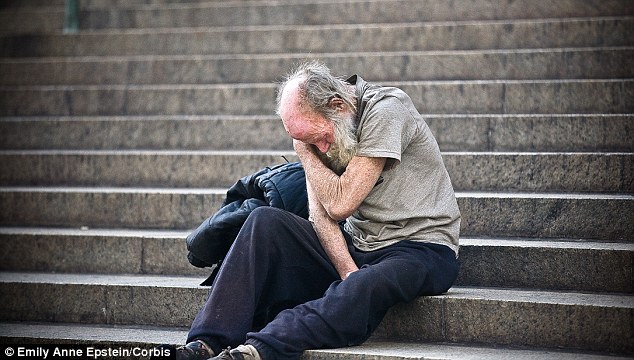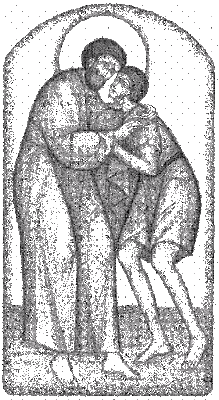MARY, MOTHER OF GOD - Luke 2:16-21
We start the New Year in the company of Mary, the mother of the Lord, to whom we dedicate this first day of the year, putting ourselves under her protection so that she intercedes for us as she did in the wedding at Cana. Today, we celebrate Mary as the Mother of God - or THEOTOKOS, an old title accepted in the Ecumenical Council of Ephesus. It is a title of honour that is an affirmation of her son’s divinity. Jesus is divine because he is the Son of God incarnate. Thus, we start the New Year in the company of Jesus Christ, the Son of God and the Prince of Peace.
In this first day of the year, we pray in a very special way for peace. Every year, the Pope addresses a message to the Church and the world, pleading for peace and inviting us to reflect on the attitudes necessary for peace. This year, Pope Francis presents us with the theme: PEACE AS A JOURNEY OF HOPE: DIALOGUE, RECONCILIATION AND ECOLOGICAL CONVERSION.
- Peace, a journey of listening based on memory, solidarity and fraternity. We must bring to memory the violence, the destruction and death suffered by countless people because of so many wars. We must learn with the past so that we do not repeat it. And we must commit ourselves to work hard on the building of peace. “The peace process thus requires enduring commitment. It is a patient effort to seek truth and justice, to honour the memory of victims and to open the way, step by step, to a shared hope stronger than the desire for vengeance. In a state based on law, democracy can be an important paradigm of this process, provided it is grounded in justice and a commitment to protect the rights of every person, especially the weak and marginalised, in a constant search for truth.[6] This is a social undertaking, an ongoing work in which each individual makes his or her contribution responsibly, at every level of the local, national and global community.” (Pope Francis).
- Peace, a journey of reconciliation in fraternal communion. “The Bible, especially in the words of the Prophets, reminds individuals and peoples of God’s covenant with humanity, which entails renouncing our desire to dominate others and learning to see one another as persons, sons and daughters of God, brothers and sisters. We should never encapsulate others in what they may have said or done, but value them for the promise that they embody. Only by choosing the path of respect can we break the spiral of vengeance and set out on the journey of hope.” (Pope Francis)
- Peace, a journey of ecological conversion. “If a mistaken understanding of our own principles has at times led us to justify mistreating nature, to exercise tyranny over creation, to engage in war, injustice and acts of violence, we believers should acknowledge that by so doing we were not faithful to the treasures of wisdom which we have been called to protect and preserve.” (Pope Francis).
“May the God of peace bless us and come to our aid.
May Mary, Mother of the Prince of Peace and Mother of all the peoples of the earth, accompany and sustain us at every step of our journey of reconciliation.
And may all men and women who come into this world experience a life of peace and develop fully the promise of life and love dwelling in their heart.” (Pope Francis)
May the Lord bestow his blessings on all of you.
Have a happy and blessed New Year.

















